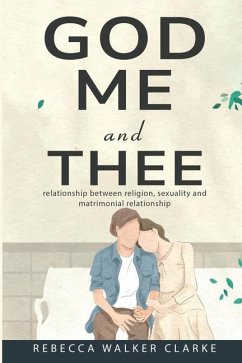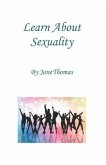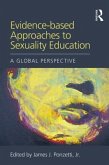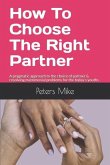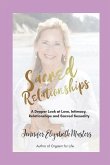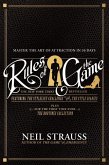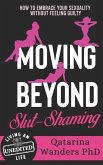There is a well-established and positive association between religiosity and marital satisfaction. What is less clear is the effect of religiosity on marital sexual outcomes, with research findings that have run the gamut from negative to positive. Given that most religions teach that marriage is the divinely appointed context for a sexual relationship, religious persons who are married and in sexual relationships could have a different experience with sex than those who are not in a marital sexual relationship. Although the majority of the population in the United States is religious, sex in religious marriages has received scant research attention. The purpose of this dissertation is to examine in three manuscripts the association between religiosity, sexuality, and marital connection. In manuscript one, I look at how doctrine of The Church of Jesus Christ of Latter-day Saints dovetails with principles of social science in ways that could potentially improve the sexual connection in these religious marriages. Specifically, I examine how Latter-day Saints can better sanctify their sexuality through autonomy and relatedness. As member couples dovetail healthy religious principles with social science principles, such as focusing on avoiding selfishness and developing a self in a larger moral context, they can experience improved marital connection. In study two, I research the spontaneous mentions of sexuality in interviews with highly religious families in the American Families of Faith dataset. These 198 highly religious families come from a rich variety of socioeconomic, racial/ethnic, and religious backgrounds.

